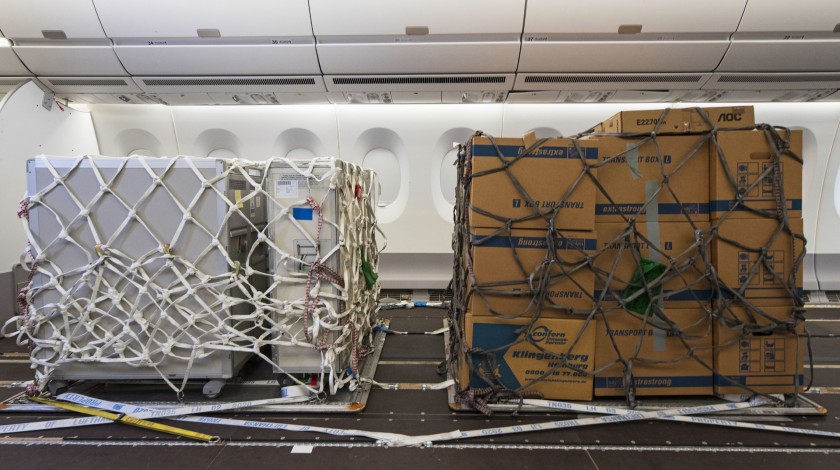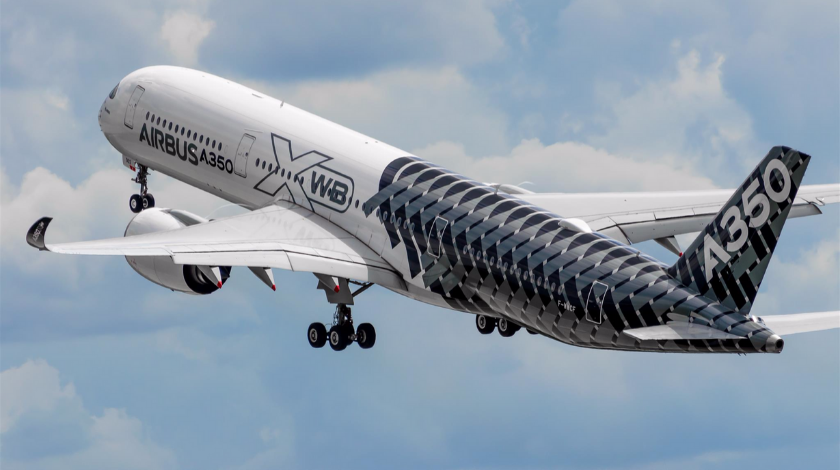Photo: aapsky / shutterstock.com
Reading Time: 2 minutesCurrently air cargo is one of the very few niches in aviation which is still active. And active at such a level that it is facing an immediate capacity shortage.
The capacity offered by freighter aircraft is not enough. For this reason a number of passenger airlines, which have their planes on the ground, are deploying more and more passenger planes for all-cargo operations.
Particularly here Airbus steps in with a timely solution – “a modification for A330 and A350 family aircraft which will enable airlines to install freight pallets directly onto the cabin floor seat tracks, after removal of the economy-class seats”.
By using freight pallets operators will take an advantage from easier and quicker loading and unloading cargo and secure the cabin seats. Important to note that this conversion is basically limited to economy-class seats only, because removal of premium seats is more troublesome.

One of the most challenging parts of modifying a passenger cabin into cargo space, therefore, is a regulatory approval which requires a lot of documents, this way delaying the immediate use of a plane for cargo operations.
Airbus has taken care of this aspect as well. With modifications provided to customers under an Airbus Service Bulletin (SB), the planemaker offers to manage the process for obtaining the one-time certification from the European Union Aviation Safety Agency (EASA).
So, as long as widebody planes will most likely remain parked or stored a bit longer than narrow body aircraft amid the impacts of the crisis, with this solution Airbus expects to help airlines effectively utilise their long-haul fleet and “alleviate the global shortage of ‘belly-freight’ air cargo capacity“.

